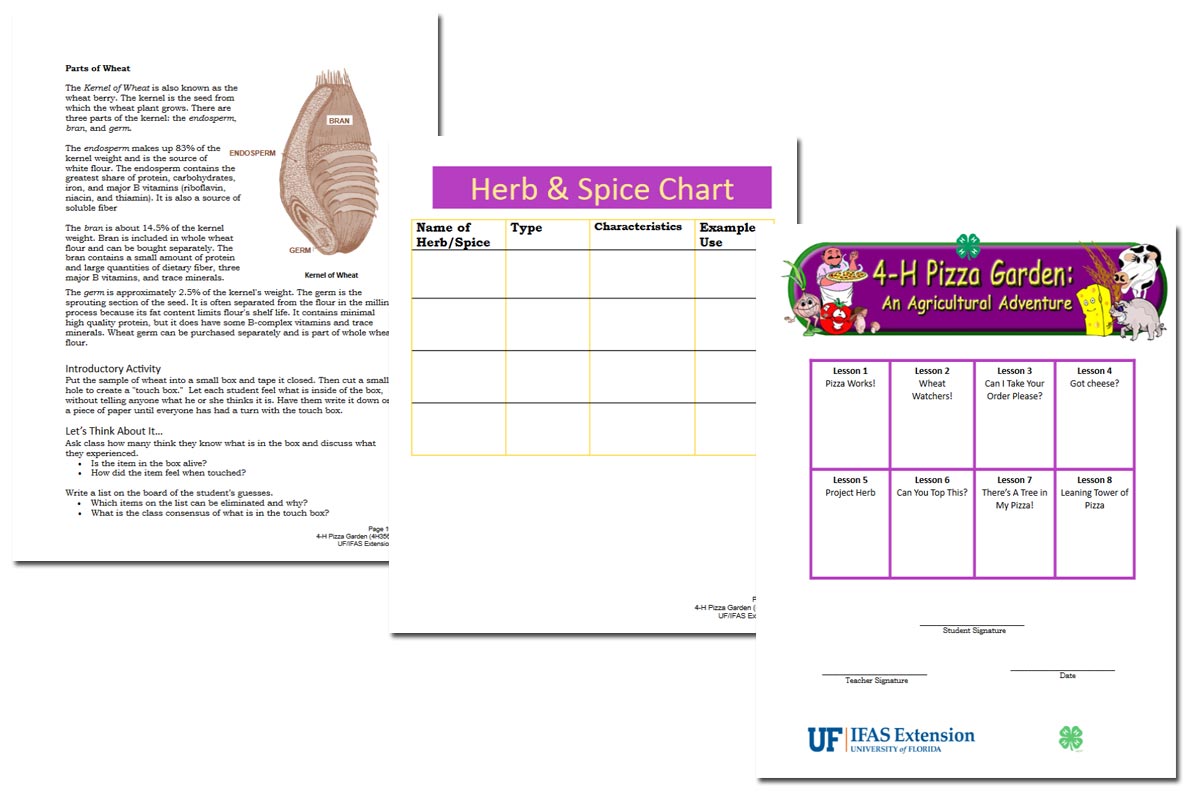
Life is so much easier when we can fit things into nice tidy boxes. We observe other homeschool moms in action and we categorize them: soccer mom, unschooler, hip mom, classical ed mom, …
Once we’ve gotten everybody into their nice boxes we pretty much already have an idea of which group we’d prefer to identify with based upon our impressions of the contents of each box. So we apply our sticky label and pop ourselves into our favorite box. We follow the rules and conventions we perceive necessary to fit in well. We may also judge others as to how well they are following the rules and conventions of our box. And oh how we suffer when we aren’t measuring up to the standard we have perceived! When our spirits are tugged in a different direction we resist with all our might — we want to fit in THIS box!
The world of homeschooling is really no different from the world at large. We have our “in” things and “out” things. We have the good and the bad among us. We have compassion, arrogance, servanthood, elitism, and cliques. There are labels some of us would never identity ourselves with and there are others we assume more because it is what we aspire to be than what we actually are.
Few Christian homeschoolers will label themselves “unschoolers.” Isn’t an “unschooler” someone who shuns all type of authority? Do they actually do anything all day besides learn “math” by cooking? We all know that “unschooler” implies the children are training themselves, and that certainly goes against the Scriptural mandate to train our children.
“Traditional” educators operate on a rote level. The mind is being trained like Pavlov’s dog to do tricks on command. Where is the respect for the spirit of the child? And isn’t “traditional” the beast we are running from? Not many proudly wear the “traditional” label.
On the other hand, many assume the label “classical.” It sounds smarter, more learned. An interesting thing has happened to the label “classical.” Two different groups of educators are tugging and pulling over the right to be called “classical” — one group defining the term using the more modern writings of Dorothy Sayers and her three stages of learning, another group defining the term in its ancient form where one studies the “classics” in their original Greek and Latin. Classical education can look very different depending on whose prescription you are following.
Then there are “Charlotte Mason” educators. If one were to really be a “Charlotte Mason” educator, wouldn’t one have to read and implement the ideas in her six-volume series? I wonder how many “Charlotte Mason” educators have done that. Or perhaps they simply mean they read a great quantity of books or follow the very modern plan laid out for them online.
Labels are funny things. They are slippery.
First, the distinctives of any particular label are not necessarily agreed upon, leaving those wearing the label at times wondering exactly what they are.
Second, many times a label identifies the person applying the label more than it identifies the object the label represents: “I’m not one of those! I’m one of these.” Perhaps this identification helps relieve the understandable fears that homeschooling can generate. There is strength in numbers.
Thirdly, attaching any label to oneself tends to confine one to one way of thought, one way of doing things, one approach. There is little room for maneuvering.
Each of the methods mentioned above has something to offer. What “traditional” homeschooler invests his time in ONLY textbooks and workbooks? What “classical” homeschooler doesn’t spend some time outside of Latin and Homer? What committed “unschooler” doesn’t train her children, ensuring that they have the skills they need to move forward?
- We can be flexible enough to pull those things that will benefit our children out of the label box and implement them in our home.
- We can be a bit harder to pin down and take advantage of the freedom that we have by not standing for one formal way of doing things.
- We can move with our child’s needs rather than the prescriptions of any one particular school of thought.
- Most importantly, we can be free to follow where led when it comes to our family’s needs — whether that be a trip to the world of textbooks or an unstructured learning season.
We don’t have to fit “in” or be left “out.” We don’t have to spend a lifetime trying to be something we are not!
Still want a label? Need a word that describes exactly what it is you do all day? Try “tutoring.”
With that label, you can follow children’s interests or your interests, any curriculum with or without parent help, independent reading, or group reading with discussion. All kinds of content and methods fit under the tutoring label.
Ruth Beechick










You must be logged in to post a comment.